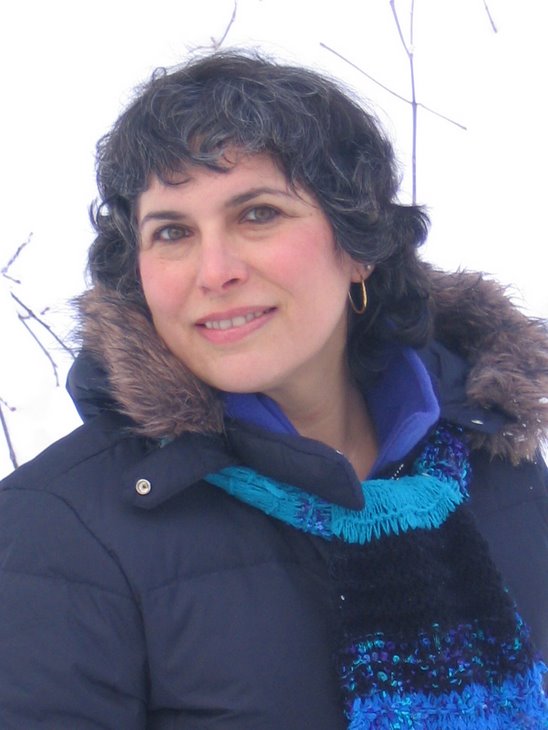Today the Globe and Mail came out with its annual "top 100" books. And as usual, I've read very few -- three, to be precise. It's daunting how, with each passing year, I get further behind in my reading. Certain masterworks by, say, Proust or Henry James, which I pick up every other once-in-a-while fully intending to read, slide back on the shelf, abashed, their mature beauties shunned for the flash and dazzle of something new. Moby Dick: never made it past the first 100 pages. But there may certainly be a time in my life when an obsessively encyclopaedic novel about whale-hunting is the true and only thing I need to read and then it will be waiting, open-armed.
And there are those that I did read 30 or even 40 years ago which I want to reread, mostly the great Russians, but also things like Madame Bovary and Don Quixote, touchstones of literary culture that are not as vivid in my mind as I would like them to be. Books I enjoyed so much once that I would like to experience the resonant pleasure of rereading them. For if reading a good book for the first time is like drinking wine, rereading it is like drinking cognac.
When my daughter was in Grade Six her teacher, who had the kids keep a chart of every book they read and awarded stickers to those who read the most, called her a cheater for her habit of rereading favourite books, sometimes as soon as she had finished them the first time. This teacher insisted that there was no point rereading books when there were so many others one hadn't read yet. My daughter, as besotted with words as I am, reported this nonsense to me with justifiable indignation. We agreed that her teacher obviously didn't "get" reading, seeing it as a chore rather than one of life's most profound pleasures.
No one would ever counsel a child not to listen to a piece of music a second time, or not to view a painting more than once! How could anyone suggest that books don't repay a second encounter? Or even a third. You never read the same book twice, anyway, since you miss so much the first time and if the time between readings is long enough, have changed significantly in the interval.
To keep my bearings, I need to reread, from time to time, certain nonfiction texts that have shaped my deepest understanding of the world: among them Gombrich's Art and Illusion, Diane Ackerman's A Natural History of the Senses, In Patagonia by Bruce Chatwin, The Periodic Table by Primo Levi, The Man Who Mistook his Wife for a Hat by Oliver Sacks, Bird by Bird by Anne Lamott... And I reread poetry all the time. Certain poets, like Hass and Amichai, CK Wright, Rilke, Neruda, Seferis, Milosz, Transtromer--a long long list--are the stars I steer by. But I continue to feel the compulsion to go forward rather than backwards when it comes to fiction. Why is that, I wonder?
Perhaps it's the residue of having been an academic. In my youth I was driven to master the canon, and so read little contemporary writing except the odd faddish novel until I started writing poetry seriously and realized that my accent was archaic. And even then it was just poetry that I tried to keep up with; not fiction.
I have to go pick up the aforementioned daughter from gymnastics, so will pursue these thoughts further at another time..
Saturday, December 01, 2007
Subscribe to:
Post Comments (Atom)



4 comments:
I need to read more :-)
I think that re-reading is the most important aspect of reading. There are a number of books which I have read and reread: War and Peace, Remembrance of Things Past, The Alexandria Quartet and The Divine Comedy, The Authorised Version of the Bible as well as less literary works such as The Lord of the Rings, Harry Potter and, right now, CS Lewis's That Hideous Strength. One reading is not really sufficient but then life is also too short!
Well, since you mentioned rereading, I can tell you that I´ve reread Hemingway´s books more than 10 times. The old man I reread 30 times, aiming to analyze what constitutes Hemingway´s "voice". I used reraeding as a scientific method of really getting into the text. It was very useful. I found new aspects all the time!
A fairly well-educated
First line pedagogue
Sharp-sighted equipped
With the bindle of
Visions
Can use both
OH, AV and PowerPoint
CD, DVD and Digital Camera
Canon and Rifle
While ricocheting
words
are penetrating
The Black Board
Post a Comment